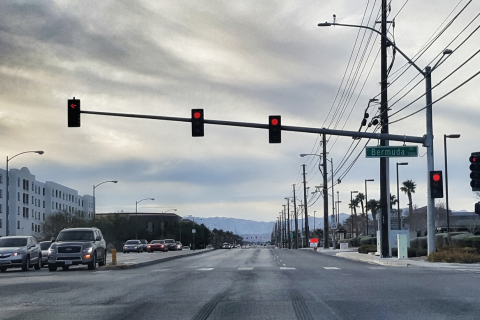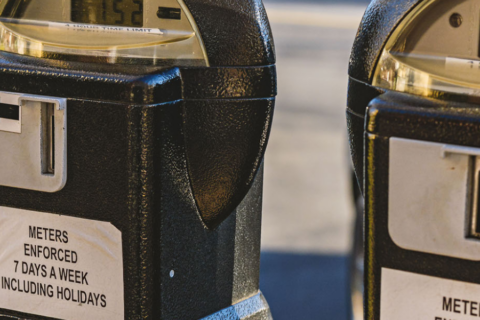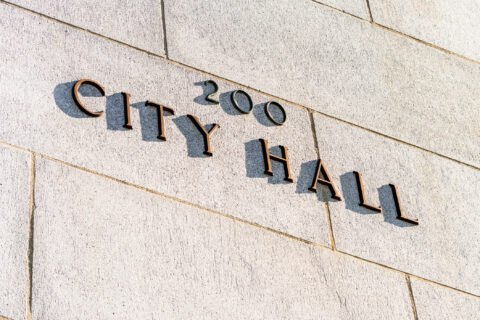Assessing the Negative Impacts of Municipal Fines and Fees on Residents
Whether triggered by courts, unpaid bills for city services, or other administrative actions, municipal fines and fees can impose a crushing burden on low-income residents, particularly residents of color. Aggressive debt collection practices many cities use can further exacerbate this financial strain. Unpaid fines and fees can quickly snowball, leading to escalated fines, driver’s license suspensions or even jail time. Economic instability resulting from court debt and imprisonment can have long-term detrimental impacts on the life trajectory of individuals and their families, creating barriers to housing, employment, food access, medical care, and overall well-being.
City governments can be champions of strengthening financial security for families through reimagined debt collection practices, equitable ability-to-pay processes and increased access to financial empowerment services.
The COVID-19 pandemic caused many cities to rethink how they levy and collect municipal fines and fees from vulnerable residents. Cities suspended or eliminated penalties, reinstated suspended licenses, or offered flexible payment plans to respond to the economic crisis resulting from the pandemic.
New federal funding opportunities, such as the American Rescue Plan Act (ARPA) provide cities with opportunities to reform policies that have historically upended the financial security of residents.
About CAFFE
With support from JPMorgan Chase and Co., the National League of Cities (NLC) Institute for Youth, Education, and Families launched Cities Addressing Fines and Fees Equitably (CAFFE) Project in 2019 to help municipalities assess and address the negative impacts of municipal fines and fees on residents.
The inaugural cohort of CAFFE cities between 2019-2021 included: Aurora, Colo., Baton Rouge, La., Durham, N.C., Lansing, Mich., Nashville, Tenn. and Saint Paul, Minn.
NLC is supporting a new cohort of cities in reducing the negative impact of fines and fees. Drawing upon lessons from its LIFT-UP program which successfully assisted cities in reducing residents’ water utility debt, this new effort helps cities:
- Assess fines and fees with a focus on reforming inequitable policies in the court system
- Learn new ways to reduce inequities in how fines and fees are imposed
- Develop new collections models that connect residents in debt with services that improve their financial health
The cities selected for the 2023 CAFFE Cohort are:
- Birmingham, Alabama
- Dallas, Texas
- Las Vegas, Nevada;
- Maywood, Illinois
- Montgomery, Alabama
- Pueblo, Colorado
- St. Louis, Missouri
- Washington, D.C.
For more information, please review the resources linked to this page or contact eofe@nlc.org.
Related Resources:
- Equitable Approaches to Municipal Fines and Fees
- How LIFT-UP Helps Cities and Citizens with Utility Payments
- Implementation and Impact Evaluation of Local Interventions for Financial Empowerment through Utility Payments (LIFT-UP_
- How Cities are Transforming Fines & Fees to Advance Equity and Financial Security
- Why Cities Should Find Equitable Ways to Impose and Collect Fines and Fees









